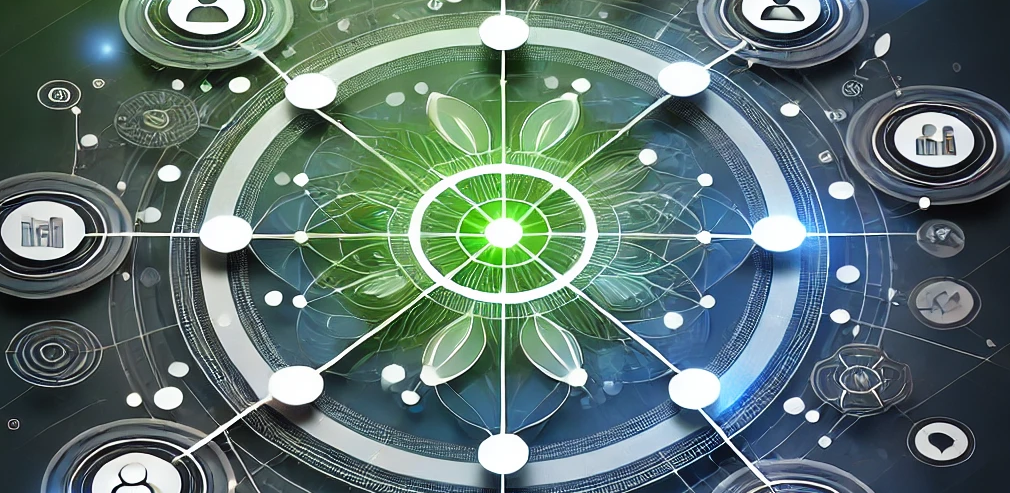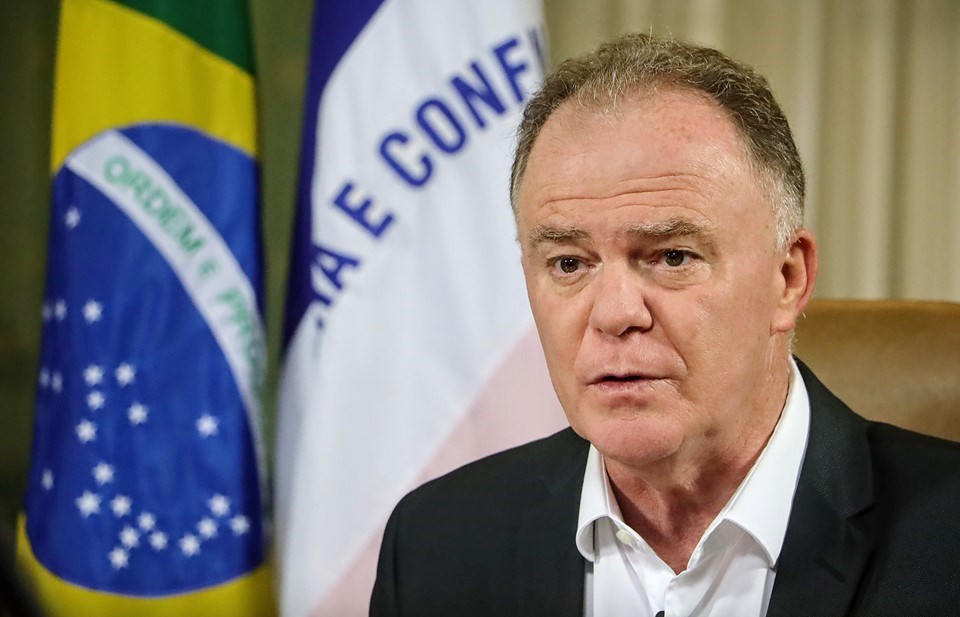What is the secret to innovation?
“Experience is not what happens to a man; it is what a man does with what happens to him.” – Aldous Huxley
In theory, this should be a simple question to answer. After all, our ancestors—Homo habilis—created the first tools around three million years ago, as we have learned from artifacts found in Tanzania.
However, as civilization advances and the quality of life improves, two opposing forces to innovation emerge: complexity and hedonism.
Complexity becomes evident when we compare the first automobile, invented by Karl Benz in 1886, with today’s vehicles. It’s not just about technology: regulatory and legal frameworks grow ever more intricate, while the speed and volume of new products and information on the market challenge our capacity to absorb them.
The other challenge is hedonism—the philosophical and moral doctrine that places the pursuit of pleasure at the center of life’s purpose. In modern society, options to satisfy this impulse abound. Sex and shopping are just a few clicks away. Movies, series, travel, resorts, amusement parks, sports, video games, massages, bars, restaurants, nightclubs, pool, and bowling… the list is endless.
Now that we understand what inhibits innovation, the question arises: what accelerates it? Many will point to education, investment in research and development, or visionary leadership, like that shown by President John F. Kennedy when he proposed sending a man to the Moon. All of that is essential. But there is something more, something right before our eyes yet still hidden: the foundation upon which the innovation factory is built.
Consider something simple, like the height of a step. Even in different cities, states, or countries, it tends to be similar. When we plug a device into an outlet, we basically rely on two common voltages. Fuels, international flights, the location of a car’s accelerator pedal, the way we measure temperature, distance, and weight—all follow pre-established standards.
Likewise, at the dawn of the internet, companies like Microsoft, AOL, and CompuServe intended to create private networks, similar to those of telecommunications operators, through which users would gain access to send messages and search for information. But there was an obstacle: a network based on open standards offered the same functionalities accessibly and cheaply. Moreover, there was no need to request permission or pay these companies to publish content, conduct research, or develop devices and applications. This is the secret of the open protocols that underpin the internet.
This connectivity between devices and applications from different providers—interoperability—runs counter to the interests of corporations seeking to keep users locked into their closed ecosystems. We see this in video game consoles, WhatsApp, Facebook, or Apple’s ecosystem. On the other hand, interoperability generates incomparable social value, as anyone, anywhere, can create solutions without needing anyone’s permission or paying for it.
The problem is that the judiciary, the legislature, the tax system, the way public spending is disclosed, and the tangled web of laws and their structure still lack well-defined open standards. This lack of transparency, consistency, and cohesion leads, perhaps unconsciously, to the belief that it is impossible to improve cities, states, or nations. We start to think the chances of success are minimal, the risks enormous—and therefore, the best strategy is to do nothing. This reasoning, in some sense, is understandable.
If we want to reimagine the society of the future, we cannot rely solely on an evolutionary model. The overlap of conflicts of interest, corruption, poorly designed processes, limited bureaucrats and politicians, an excess of laws and regulations, the frantic pace of daily life, competition for resources, and simultaneous problems all “peel away” any desired change, to the point where its creators scarcely recognize their own invention.
The solution is to build society’s foundations from scratch, free of legal, cultural, structural, or political barriers. We must draw on what we have learned from Mesopotamia to the present day, turn to the best scientific studies, the great thinkers of humanity, and cutting-edge technology to develop open standards that will support the society of the future.
In this new reality, the bases that form civilized societies—citizen identity, civil registry, property records, the legal and judicial system, currency, banks, the financial system, governance mechanisms, social participation and oversight, among others—will be redesigned from open standards. These standards can be used by individuals, companies, NGOs, governments, and universities to develop applications and innovations based on them.
In my opinion, the positive impact of recreating social foundations based on open and universal standards can challenge that of many inventions from the past, being as disruptive as AI, the Internet and electricity. We will have comparative data to understand different social experiments and move forward more effectively as a society.
Imagine, for example, a flood affecting thousands of people. The urgent need is to find resources such as medications, equipment, funds, and specific human expertise. In a society structured on open standards, it would take mere seconds to locate such emergency supplies, because systems “communicate” through interoperability. This is just one example of how interoperability affects daily life, improves and saves lives, reduces poverty, creates job opportunities, and propels society as a whole.
When Moses accepted the mission of leading the Hebrew people from slavery in Egypt to the promised land, they faced countless challenges. The vision, direction, and focus were clear. Although Moses himself never reached the desired land, it was necessary for a new generation to be born and raised in freedom. The interoperability of data and social processes is our promised land. We know this is our destiny, but we cannot guarantee that our generation will be the one to enjoy it. Even so, it is our duty to bequeath this promise to future generations.



